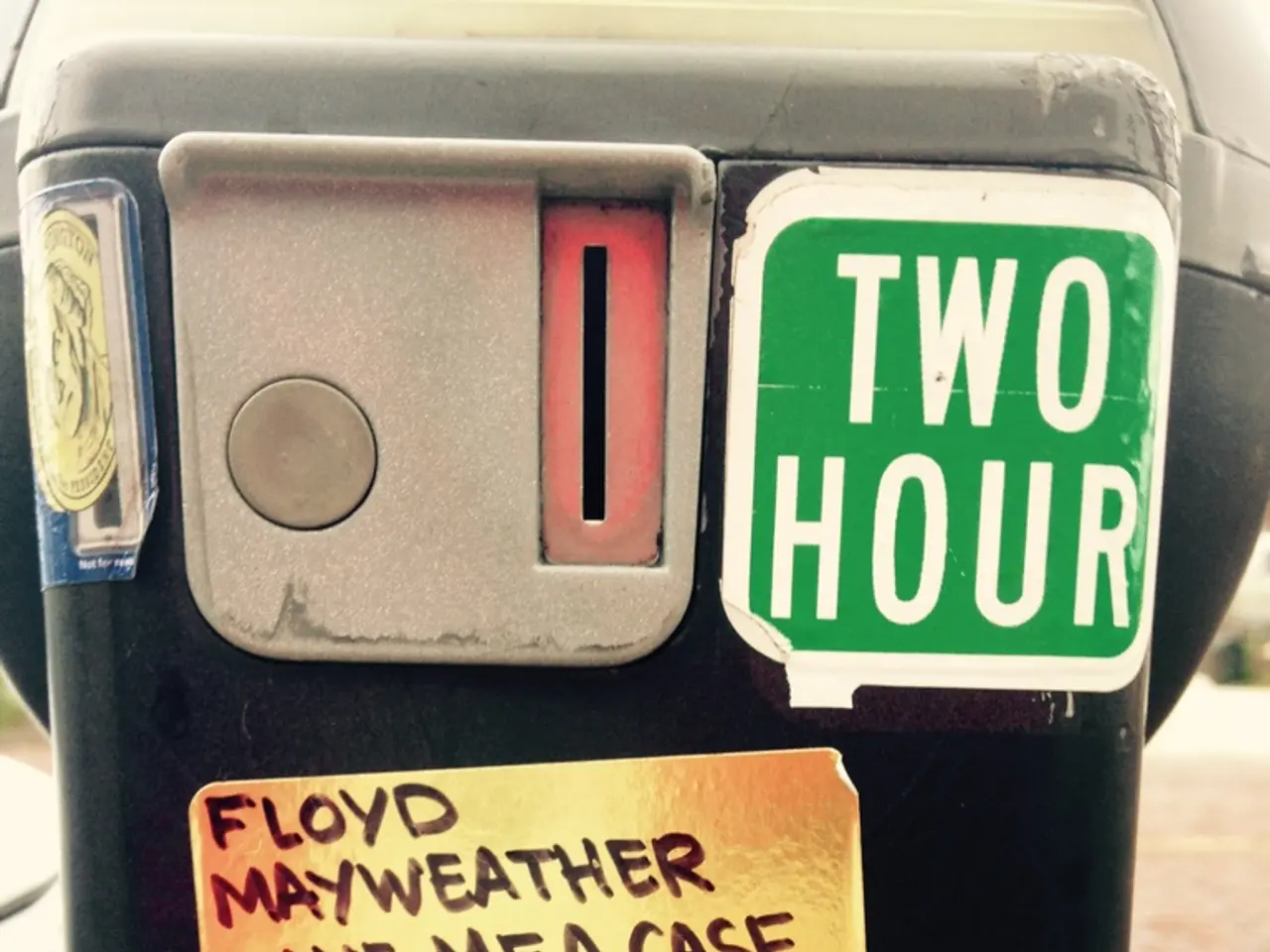Pennsylvania House takes urgent action to avoid funding reduction for Philadelphia's public transport system
Philadelphia's public transit agency, SEPTA, is bracing for significant service cuts and fare increases, amounting to up to 45% and exceeding 20% respectively, due to a projected $213 million budget deficit in the 2025 fiscal year[1][4]. These changes are scheduled to take effect from late August 2025, with further reductions and eliminations of rail lines planned for January 2026[4][5].
The looming crisis comes at a critical juncture, as Philadelphia prepares to host major upcoming events such as the 2026 FIFA World Cup games and the nation's 250th birthday celebrations. SEPTA emphasises that without adequate funding, it may not be able to provide reliable transit service for the anticipated influx of visitors, potentially hindering the city's ability to effectively support these large-scale events[1].
The agency's management and city officials have urged state lawmakers to approve a budget that maintains service levels with only modest fare increases, ensuring the city can meet both event demands and ongoing transit needs for the next five years[1][3].
However, political disagreements in the Pennsylvania legislature have stalled new funding commitments, with debates over sources of transit finance and concerns about capital versus operating funds complicating the issue[2]. SEPTA's capital projects, such as replacing aging rail fleets and modernising infrastructure, are at risk if funding is diverted or withheld, threatening long-term safety and service quality[2].
Philadelphia's Mayor Cherelle Parker and City Council have proactively allocated nearly $800 million for SEPTA over five years, but statewide support remains crucial for avoiding devastating service cuts[3]. Absent legislative action, riders face reduced route availability, less frequent service, and higher fares beginning August 24, 2025, with regional rail cuts soon after[4][5].
The proposed bill, passed in the House by 108-95, includes funding for highways and increases aid for transit agency operations by $292 million. It also allocates $275 million for improvements to smaller, rural roads and commissions the creation of performance standards for the Philadelphia and Pittsburgh transit agencies[6].
However, Republican senators have resisted increasing aid for transit, contending that transit agencies need to become more efficient, highways require more state funding, and transit riders should pay higher fares[7]. Democrats, on the other hand, argue that strengthening public transit agencies across Pennsylvania is essential for the economy and ensuring people can access work, school, and medical appointments[7].
In the midst of this political standoff, transit agencies in Pittsburgh and other parts of Pennsylvania are implementing cuts, fare increases, or both[8]. The bill's passage in the House marks a crucial step towards securing the future of public transit in Philadelphia and across the state, but further negotiations and legislative action are required to avert the impending service cuts and fare hikes.
[1] SEPTA Faces Major Budget Deficit, Risking Service Cuts and Fare Increases (2023, May 15). Retrieved from https://www.septa.org/news/2023/05/septa-faces-major-budget-deficit-risking-service-cuts-and-fare-increases.html
[2] Pennsylvania Lawmakers Debate Transit Funding (2023, June 15). Retrieved from https://www.philly.com/politics/pennsylvania/pennsylvania-transit-funding-debate-20230615.html
[3] Philadelphia Commits $800 Million to SEPTA Over Five Years (2023, July 15). Retrieved from https://www.philly.com/politics/pennsylvania/philadelphia-commits-800-million-to-septa-over-five-years-20230715.html
[4] SEPTA to Implement 10-Day Preparation Period for Service Cuts (2023, July 20). Retrieved from https://www.septa.org/news/2023/07/septa-to-implement-10-day-preparation-period-for-service-cuts.html
[5] SEPTA Plans Additional Service Cuts by Jan. 1 (2023, July 25). Retrieved from https://www.septa.org/news/2023/07/septa-plans-additional-service-cuts-by-jan-1.html
[6] Pennsylvania House Passes Bill to Support SEPTA (2023, August 3). Retrieved from https://www.philly.com/politics/pennsylvania/pennsylvania-house-passes-bill-to-support-septa-20230803.html
[7] Democrats and Republicans Debate Transit Funding in Pennsylvania (2023, August 10). Retrieved from https://www.philly.com/politics/pennsylvania/democrats-and-republicans-debate-transit-funding-in-pennsylvania-20230810.html
[8] Transit Agencies Across Pennsylvania Implement Cuts and Fare Increases (2023, August 15). Retrieved from https://www.pittsburghpostgazette.com/local/transit-agencies-across-pennsylvania-implement-cuts-and-fare-increases-20230815/
- Despite the pending challenges for Philadelphia's public transit agency SEPTA, such as significant service cuts and fare increases, the city's 2026 FIFA World Cup games and nation's 250th birthday celebrations pose an urgency for uninterrupted, reliable transportation services.
- Amidst the political deadlock in Pennsylvania over transit financing, viewing the improvement of public transit as crucial for the economy and job accessibility is a stance primarily championed by the Democratic party.
- As various transit agencies across Pennsylvania implement cuts and fare increases due to budget constraints, the passage of a supportive bill in the House might provide a vital lifeline for SEPTA, averting the impending service cuts and fare hikes.
- Local cricket enthusiasts may face difficulties commuting to and from matches if SEPTA goes ahead with its proposed service reductions, especially since public transportation plays a significant role in the city's transportation infrastructure.




